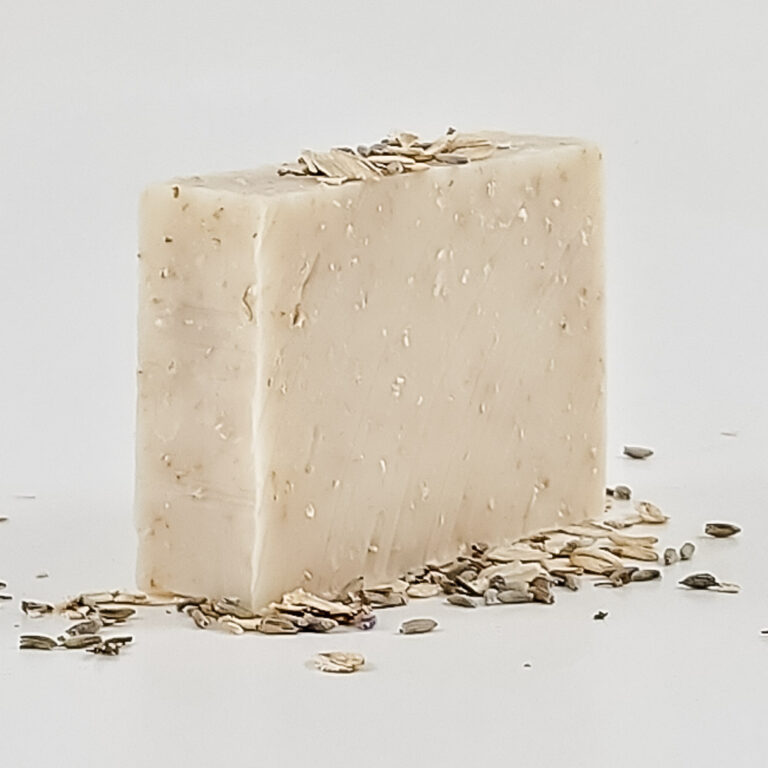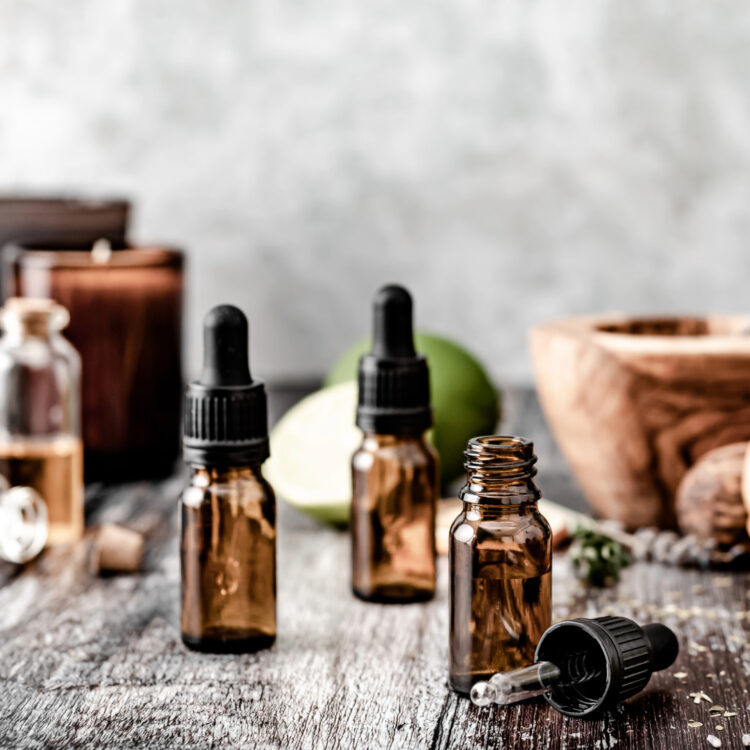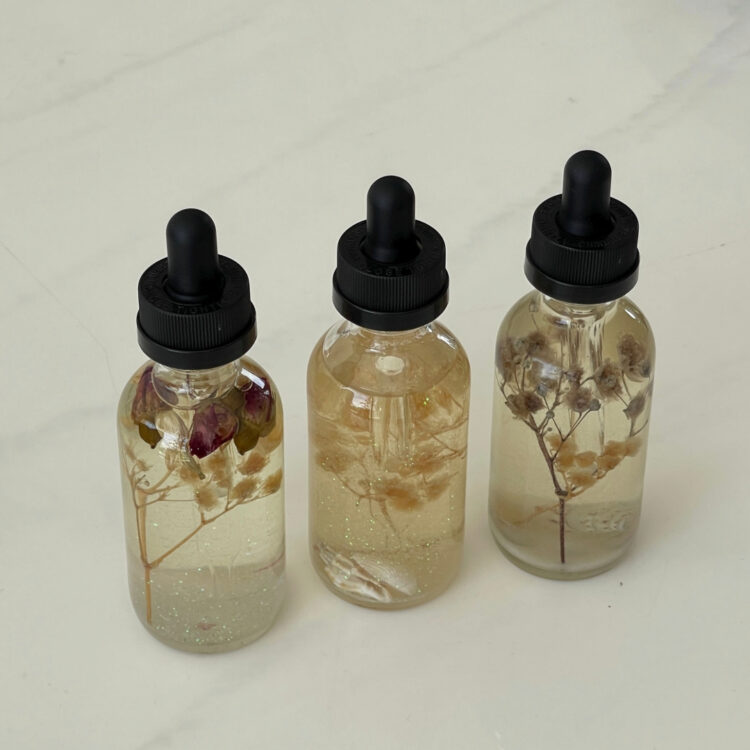Sign up here for our newsletter to get our Tips for Natural Skin Care Printable!
Table of Contents
1. Sensitive Skin Soap should be Chemical Free – Use Sensitive Skin Soap for Best Results
Look for the words natural and/or organic on the label, but then take it a step further and actually read the label. If you can’t understand most of the ingredients, move on. Another thing to watch out for is if one of the ingredients listed is “fragrance” because that denotes a synthetic fragrance which may contain skin irritating ingredients. Unfortunately, there are many soapmakers out there who label their products natural, but use synthetic fragrances to scent their products. Just remember, that you can be allergic to anything except maybe water. Simply because it is all natural or even organic doesn’t necessarily mean you won’t issues when you use it.
When searching for the best sensitive skin soap, look for options that highlight their suitability for sensitive skin soap users.
A great sensitive skin soap can provide relief and hydration, helping to manage symptoms of sensitive skin.
2. Choose Unscented Soap
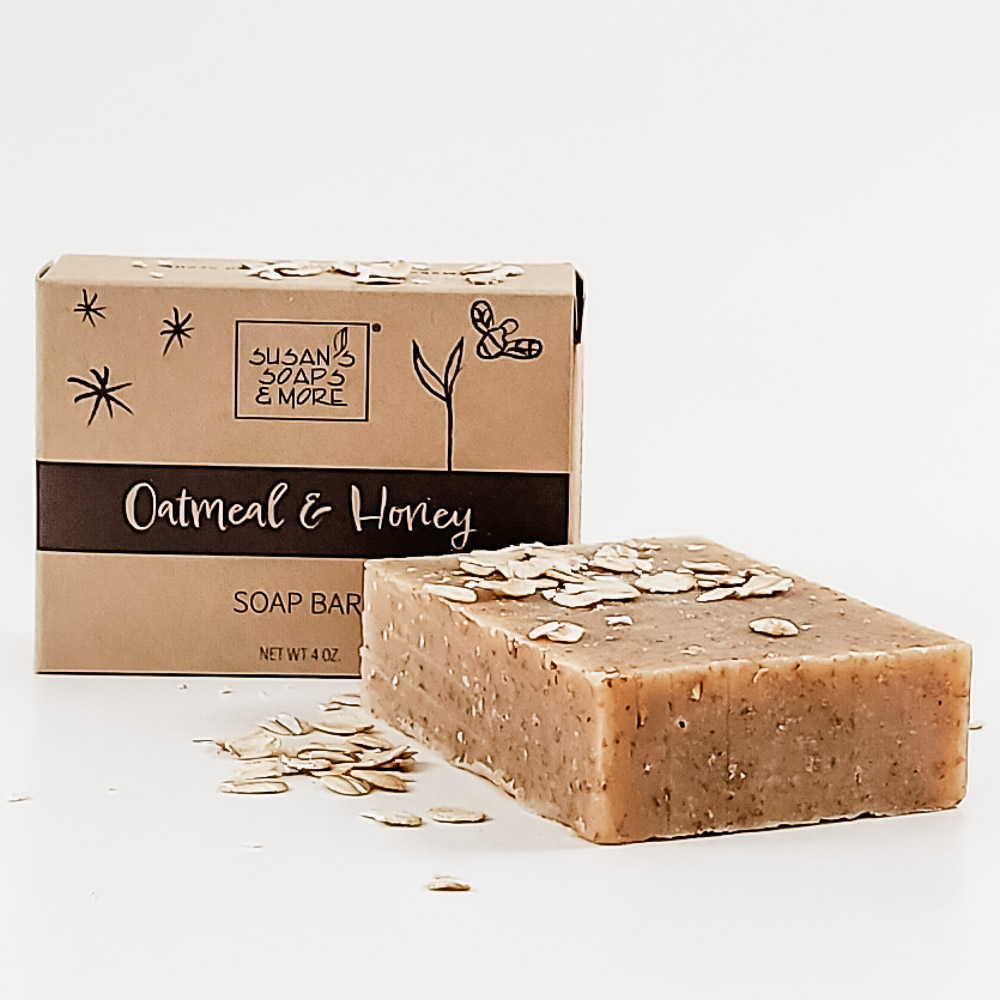
Remember, not all soaps labeled as sensitive skin soap are created equal; always check the ingredient list.
Choosing the right sensitive skin soap can significantly ease discomfort associated with sensitive skin.
Anything can irritate sensitive skin. Fragrance oils and even essential oils are often high on the list of suspects when trying to source the issue. Many people have developed fragrance allergies because of over exposure to synthetic fragrances. This can even move over into sensitivity to essential oils. When you think about how manufacturers today put fragrance into just about everything, even trash bags, it’s no wonder our bodies are overwhelmed. That is why we make two bar soaps and a body oil with absolutely no added scent.
3. Gotta Have Scent?
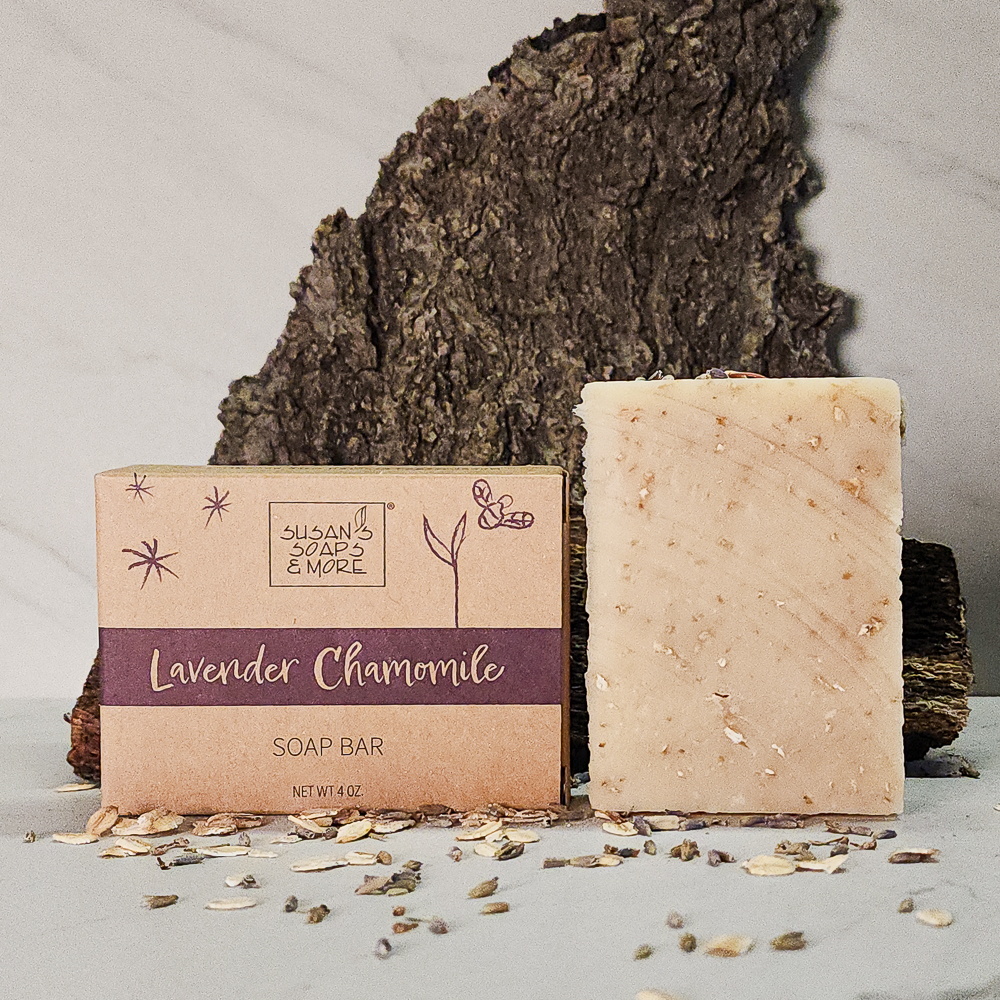
The best sensitive skin soap often includes natural ingredients that soothe and protect your skin.
What to do if using scented soap just really does it for you and yet you are saddled with sensitive skin? You are talking my love language here. After all, I started my business because of my skin care issues and yet smelling the right scent in the shower can totally rock the start to my day!
Choose essential oils over fragrance oils. Essential oils come from nature. Fragrance oils not so much. Two of the most gentle essential oils are considered to be lavender and chamomile. (Wouldn’t you know that we make a soap with just the combination!) If those don’t do it for you then at least stay away from the spice essential oils like cinnamon and clove and be cautious with the mints.
To ease, start with a sniff and see how you feel. Then do a patch test before a full blown bath or shower. Believe me, itching all over because you triggered a flare-up is not how you want to start your day.
Handmade sensitive skin soap can be a great choice, as it often prioritizes skin-friendly ingredients.
Finding the right sensitive skin soap may require some experimentation with different brands and formulations.
4. Added Moisturizing Ingredients
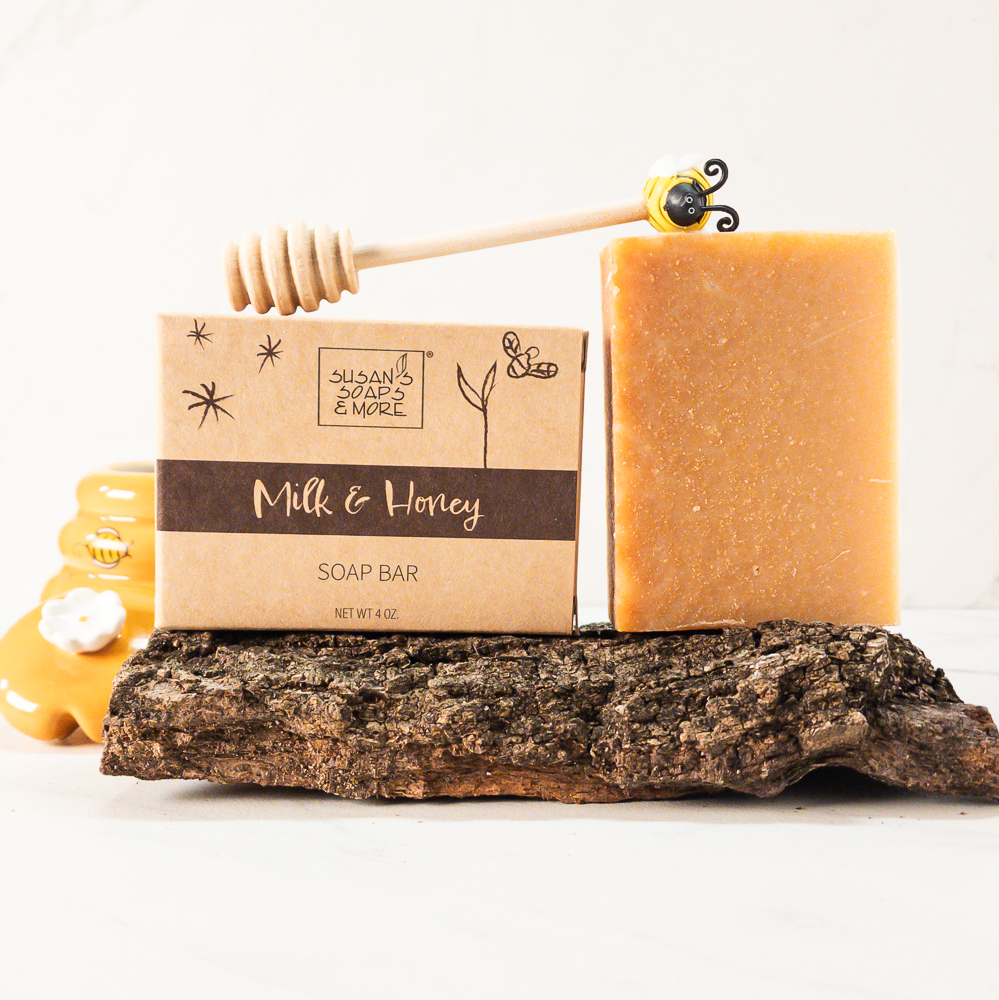
Ultimately, investing in a well-formulated sensitive skin soap is crucial for maintaining healthy skin.
Consider how environmental factors impact your skin and choose a sensitive skin soap that provides the necessary protection.
Many individuals benefit from using a dedicated sensitive skin soap to help manage their unique skin type.
If you’re looking for suitable products, check our selection of sensitive skin soap options that are proven to be effective.
Added ingredients like cocoa butter, shea butter, etc. can help to make the soap more moisturizing. However, they can possibly cause a reaction as well. There are certainly people who are allergic or sensitive to cocoa butter. But, if dry skin is primarily what you are trying to solve then trying a bar of soap with added moisturizing ingredients is a good way to go.
5. Best Sensitive Skin Soap is often Handmade
Of course I am biased, but I do think handmade soap tends to work well for those with sensitive skin. They are typically made with more natural ingredients and handmade soap retains the glycerin that naturally occurs in the soapmaking process. Glycerin attracts moisture to the skin so this is a huge benefit to those with dry itchy skin which often goes hand in hand with sensitive skin.
Each soapmaker has their preferred list of ingredients as well as formulas for how they create their products. It make take a bit of trial and error to find the right match for you and your skin but I think you will have more success in this area than with commercial products.
Conclusion
It is important not to neglect your skin when it comes to looking after your best self. It starts with finding the right soap for you. You can find many basic soaps that are kind on sensitive skin, but these may not be as effective as they claim to be.
Also, there are some factors such as environment that you have no control over. Factors like harsh weather or chemicals in your surroundings may affect your skin too and make you more prone to breakouts and irritation.
At the end of day, it is up to you to investigate and try what works best for you. It may be a completely unscented soap from a specific soapmaker or it may be a soap with the just right combination of essential oils. You and your skin are unique and you need to find what works best for you!
Here is a list of our products that are unscented or designed especially for sensitive skin:
Sensitive Skin – FAQs
What is Sensitive Skin?
Sensitive skin can be identified as skin that is easily irritated or inflamed. Itchy, dry, red and tight are some of the most common symptoms associated with sensitive skin. In general sensitive skin is a type of skin that has increased sensitivity or reactivity of external factors such as chemicals in everyday products, weather changes or emotional stresses.
What causes Sensitive Skin?
It is important to remember there is no one set of causes for sensitve skin. It can be hereditary or come from environmental factors such as smoking cigarettes or washing your face with harsh chemicals. Sensitive skin might also manifest due to a medical condition like rosacea, psoriasis, or eczema. Sensitive skin is often more prone to irritations and this can affect your overall health.
What is the best way to treat Sensitive Skin?
The best way to treat sensitive skin is to take a number of steps in order to minimize irritation and inflammation including avoiding triggers such as stress or harsh soaps and using products specifically designed for sensitive skin. Taking care of your health overall helps: eating right, drinking enough water, getting enough sleep and practicing mindfulness all play a part in easing skin issues.

